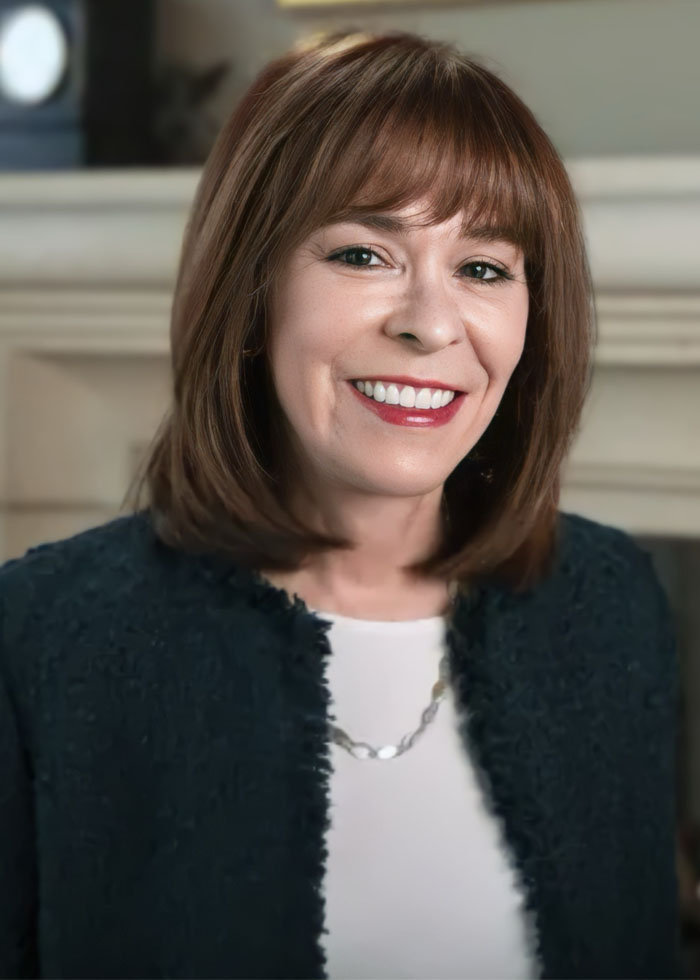Self-driving cars are no longer futuristic concepts—they’re here today. As companies test autonomous vehicles (AVs) in Denver and across Colorado, the issue of liability in accidents has become increasingly important. Unlike traditional crashes, where a driver’s negligence is typically at issue, autonomous vehicle accidents raise complex questions about whether the owner, manufacturer, or even the software developer should be held responsible.
At the Law Offices of Dianne Sawaya, we stay ahead of emerging legal issues so our clients understand their rights in this evolving area.
Manufacturer vs. Owner Liability
When a self-driving vehicle is involved in an accident, the first question is: Who is responsible—the person behind the wheel or the company that built the car?
- Manufacturer Liability: If the accident is caused by a defect in the car’s sensors, braking system, or software, the manufacturer may be liable under product liability law. This includes both design defects and manufacturing flaws.
- Owner Liability: Even with autonomous features, vehicle owners are expected to maintain their cars properly. If failure to update software or repair known issues contributes to an accident, the owner may be held responsible.
- Shared Liability: In many cases, liability may be divided between multiple parties—the owner, manufacturer, and potentially third-party developers of autonomous driving software.
Current Legal Precedents
Because autonomous vehicles are still new, courts across the U.S. are just beginning to address these cases. Some key trends include:
- Driver Oversight Requirements: Many AVs still require a human operator to be alert and ready to take control. Courts may hold drivers responsible if they fail to intervene when needed.
- Product Liability Expansion: Judges have increasingly treated AV accidents like product liability cases, where manufacturers must prove their technology meets reasonable safety standards.
- Negligence Standards: Courts are exploring whether traditional negligence rules apply to software-driven vehicles, creating uncertainty for victims seeking compensation.
Colorado courts haven’t yet established a clear set of rules for AV accidents, making it essential to work with an attorney familiar with both auto accident law and evolving technology regulations.
Insurance Gaps and Challenges
Insurance coverage for accidents involving autonomous vehicles remains a gray area. Common challenges include:
- Policy Exclusions: Some insurers exclude coverage for accidents caused by “automation features” if the driver wasn’t in full control.
- Product Liability vs. Auto Insurance: Victims may need to pursue compensation through product liability claims against manufacturers rather than relying solely on auto insurance policies.
- Coverage Limits: Even when coverage applies, liability limits may be insufficient for catastrophic accidents involving AVs.
- Uninsured/Underinsured Motorists: AV crashes involving out-of-state vehicles or experimental fleets may leave victims reliant on UM/UIM coverage.
As Denver sees more autonomous test vehicles on the road, insurers are scrambling to adapt policies—but gaps remain.
Evolving Regulations
Federal and state lawmakers are racing to keep up with technological change. In Colorado:
- Testing Regulations: The state has issued guidelines for testing autonomous vehicles, requiring safety plans and human oversight during trials.
- Data Sharing: AVs must collect crash data, which can play a vital role in proving liability.
- Unsettled Law: A comprehensive legal framework for fully autonomous vehicles does not yet exist, meaning future legislation could shift liability from drivers to manufacturers.
Nationally, Congress and federal agencies are examining how to strike a balance between innovation and safety. Until clearer regulations emerge, liability will continue to be determined on a case-by-case basis.
What Denver Drivers Should Know
If you’re involved in a crash with an autonomous vehicle in Colorado, here are practical steps to protect your rights:
- Call Law Enforcement: Always file an official accident report, especially when new technology is involved.
- Document the Scene: Take photos of the vehicle, traffic signals, and any unusual behavior of the car’s autonomous system.
- Seek Medical Attention: Even if injuries seem minor, medical records are vital for claims.
- Preserve Evidence: Request crash data from the autonomous vehicle’s onboard system.
- Consult a Lawyer: Because AV accident claims often involve corporate defendants and product liability issues, an experienced attorney can help identify the proper parties and pursue full compensation.
Law Offices of Dianne Sawaya, Your Trusted Denver Advocates
Autonomous vehicles promise a safer future, but until the technology and legal system fully mature, accident victims face uncertain liability rules and insurance complications. In Denver, where innovation meets everyday traffic, these questions are no longer theoretical—they’re real.
At the Law Offices of Dianne Sawaya, we are prepared to advocate for victims of autonomous vehicle crashes. If you or a loved one has been injured in an accident involving self-driving technology, contact our team today for guidance and support.

